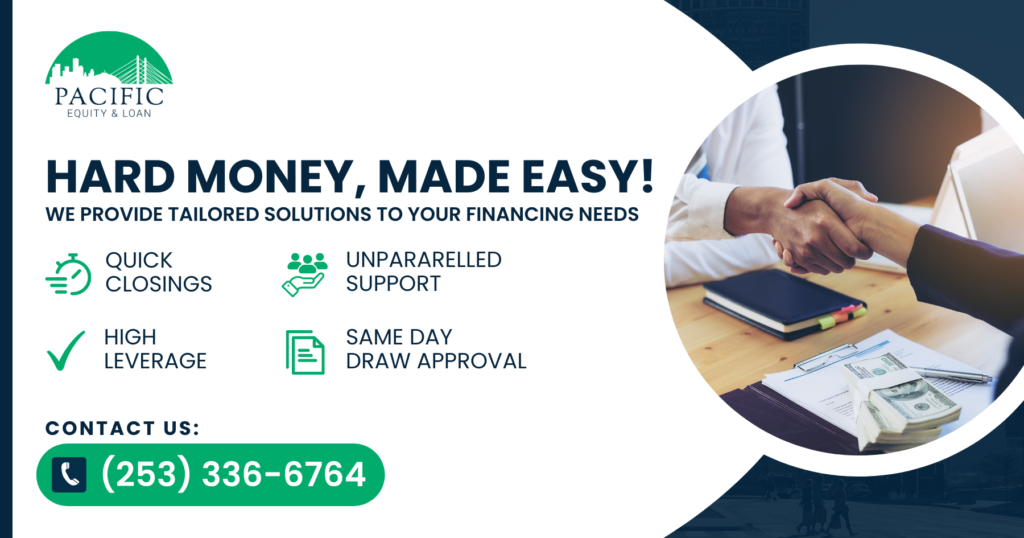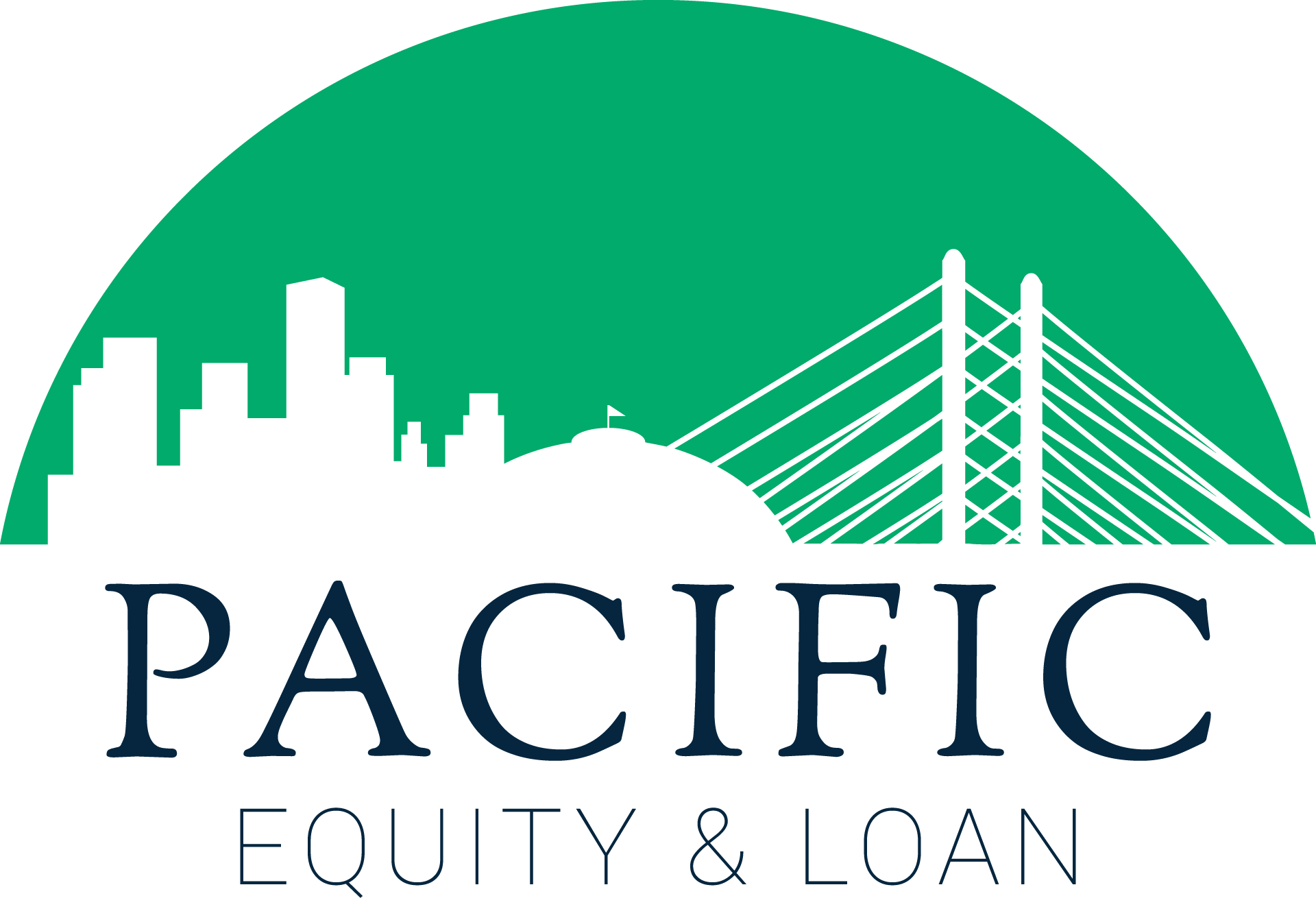Rental real estate investment is the process of buying a property and then renting it out to tenants. Rental properties come in many different forms: single-family properties, condos, multifamily units, apartment buildings and even mobile homes!
The potential rewards from rental real estate investments are significant however, there are also risks involved with any type of investment so it’s important that you understand these before getting started.
Rental real estate investing involves acquiring properties with the intention to generate rental income. This can be a lucrative investment strategy, especially if you’re able to find properties in high-demand areas with strong rental income potential. In addition to generating rental income, rental real estate investing can also provide long-term appreciation as the property’s value increases over time.
How to Finance a Rental Property
Financing a rental property can be challenging, but there are several options available to real estate investors. Here are a few financing options to consider:
Traditional Mortgages: If you have good credit and a steady income, you may be able to qualify for a traditional mortgage to finance your rental property. These mortgages typically require a down payment of 20% to 25%, and you’ll need to demonstrate that the rental income will cover the mortgage payments.
Hard Money Loans: Hard money loans can be a good option for real estate investors who need quick access to capital. These loans are typically short-term and have higher interest rates and fees than traditional mortgages, but they can be a good option if you need to finance a property quickly or if you do not meet traditional financing requirements such as credit or W2 income.
Private Money Loans: Private money loans are loans that come from individuals or private investors rather than traditional lenders. These loans can be a good option if you have a good relationship with the lender and can negotiate favorable terms.
Seller Financing: In some cases, you may be able to negotiate financing directly with the seller of the property. Seller financing can be a good option if the seller is motivated to sell and is willing to offer favorable terms.

Maximizing Rental Real Estate Investment ROI with Hard Money Loans
Hard money loans are a popular option for financing rental real estate investments because they offer quick access to capital and flexible terms. The primary factor in underwriting a hard money loan is the loan-to-value ratios (LTVs) of the property. Unlike traditional loans, hard money loans are asset-based instead of borrower or income-based. This means that the primary focus is on the collateral and the property’s value rather than the borrower’s creditworthiness or income. As a result, the LTVs of the property play a crucial role in determining the loan amount and terms.
It’s important to note that closing costs and expected profits usually aren’t the main factors taken into account when underwriting a hard money loan. While they are part of the overall project, they typically do not influence how the loan is initially written up. Instead, the focus is on the property’s value and the borrower’s ability to repay the loan. However, it’s important to be aware that these loans typically come with higher interest rates and shorter repayment terms than traditional mortgages.
Despite these drawbacks, hard money loans can be an excellent tool for rental real estate investors seeking to maximize their ROI. Here are two ways in which hard money loans can be used to advantage:
- Meeting the seasoning period requirement of traditional banks. A seasoning period is typically 6-12 months of collecting rent to establish rent roll. Hard money loans can be used to meet this requirement, after which investors can refinance through a traditional bank to hold the property at a lower interest rate and cash flow.
- Financing property rehab with less money down. Hard money loans can allow investors to acquire property with less money down and scale at a faster rate. This method is similar to the BRRRR (Buy, Rehab, Rent, Refinance, Repeat) approach, except that it involves a simple rate and term refinance rather than cash-out refinancing.
Overall, hard money loans can be an excellent tool for rental real estate investors looking to maximize their return of investment or ROI and achieve success in the industry. With careful consideration and planning, real estate investors can use hard money loans to fund their rental properties and generate long-term wealth.
5 Tips for Securing a Hard Money Loan for a Rental Real Estate Investment
Securing a hard money loan for rental real estate investment can indeed be a great way to quickly access the funding you need to make a profitable investment. In fact, compared to traditional and DSCR loans, hard money loans often have a simpler application process, which can make them an attractive option for real estate investors. However, it’s important to be prepared and understand the requirements of a hard money loan.
In this section, we’ll provide you with some tips for securing a hard money loan and navigating the application process. By following these tips, you can increase your chances of successfully securing a hard money loan and making a profitable rental real estate investment:
1. Understand the lender’s requirements
Before applying for a hard money loan, it’s essential to understand the lender’s requirements, such as minimum credit score, LTV (loan-to-value) ratio, and debt-to-income ratio. You can research different hard money lenders and their requirements to find the best fit for your investment goals.
2. Have a clear investment plan
When applying for a hard money loan, having a clear investment plan is crucial. This plan should outline the potential profitability of your rental real estate investment and demonstrate to the lender that you have a solid understanding of the market and the property’s potential. Your investment plan should include a detailed business plan, market analysis, and financial projections that show how you plan to generate rental income and make a profitable exit from the investment.
One common exit strategy when using hard money to help scale a rental portfolio is to refinance into a longer-term loan. This typically involves obtaining a 30-year fixed or any long-term loan that fits your investment goals. A well-planned exit strategy is essential as it shows the lender that you have a clear understanding of the risks and rewards associated with the investment, and you have a plan in place to mitigate those risks. Having a solid exit strategy will increase your chances of securing a hard money loan and making a successful rental real estate investment.
3. Show your experience in real estate investing
Hard money lenders usually require experienced real estate investors with a proven track record of success to be eligible for hard money loans. However, if you’re a first-time real estate investor, there are still ways to increase your chances of approval. One option is to find an experienced investor who can co-sign the loan with you. This will give the lender confidence that someone with experience is involved in the investment, even though they’re not liable for the loan.
However, it’s important to note that the interest rate and down payment may be higher for first-time investors but it’s very doable. With careful planning and consideration of your investment strategy, securing a hard money loan as a first-time investor is possible.
4. Have adequate interest reserves
When you take out a hard money loan, it’s essential to have enough money set aside to cover the high-interest rates. These rates can quickly add up, making it challenging to stay on top of payments. By having interest reserves available, you can focus on the project itself and avoid the stress of worrying about missed payments.
While it’s a good idea to have a backup plan in case things don’t go according to plan, such as refinancing the property or selling it to repay the loan, having adequate interest reserves should be a top priority. This will help ensure the success of your real estate investment and increase your chances of securing a hard money loan.
5. Shop around for the best rates
Just like any other loan, it’s crucial to shop around and compare rates and terms from different hard money lenders. Look for lenders who offer competitive rates and terms that align with your investment goals.
Once you have secured a hard money loan and obtained funding for your rental property, it’s essential to have a solid plan for managing the property. Managing a rental property can be a challenging task, but with the right approach, you can maximize your rental ROI and achieve success in real estate investing. In this next section, we’ll provide you with some tips to help you manage your rental property and increase your rental income.

7 Tips to Manage Your Rental and Maximize ROI
1. Screen your tenants carefully
One of the most critical aspects of managing a rental property is finding the right tenants. Take the time to carefully screen potential tenants to ensure they are reliable, responsible, and can afford the rent. Conduct background and credit checks to verify their rental history, income, and financial stability. Choose tenants who are responsible and trustworthy. Conduct thorough background checks and credit checks to ensure that your tenants have a good rental history and can afford the rent.
2. Keep your property well-maintained
Regular maintenance and repairs are crucial for keeping your property in good condition and attracting high-quality tenants who are willing to pay more in rent. Make sure to schedule routine inspections and repairs to prevent costly repairs down the line.
3. Communicate effectively with your tenants
Maintaining open and clear communication with your tenants is essential for managing your rental property effectively. Make sure to establish clear communication channels and be responsive to your tenants’ questions and concerns.
When your tenants report maintenance issues, make sure to respond to them quickly and efficiently. Addressing maintenance issues promptly can help you retain tenants and avoid negative reviews.
4. Keep up with market trends and rental rates
Staying informed about the rental market in your area is crucial for setting competitive rental rates and maximizing your rental income. Keep up with market trends and adjust your rental rates accordingly.
Research the rental rates in your area to determine the best rental price for your property. Make sure to take into account the amenities, location, and condition of the property when setting the rental rate.
5. Implement upgrades and amenities
Investing in upgrades and amenities can help you attract higher-paying tenants and justify higher rental rates. Consider adding amenities like a gym, pool, or laundry facilities to increase the value of your property. Make sure to do a cost-benefit analysis before investing in major amenities to ensure they will generate enough income to justify the expense.
6. Consider professional property management
If managing your rental property becomes too much to handle, consider hiring a professional property management company. They can take care of the day-to-day management of your property, including marketing, tenant screening, maintenance, and rent collection.
Professional property management companies can take care of the day-to-day management of your rental property, including marketing, tenant screening, maintenance, and rent collection. While this comes with a cost, it can save you time and money in the long run.
7. Consider Short-Term Rentals
Short-term rentals, such as Airbnb, can generate higher rental income than long-term rentals. However, they require more management and higher turnover rates.
By following these tips, you can manage your rental property effectively and maximize your rental ROI. With careful planning and execution, you can turn your rental real estate investment into a profitable venture that generates passive income for years to come.
Now that you have learned how to maximize your rental ROI through effective property management, it’s time to delve into the importance of calculating rental property cash flow and ROI. By accurately calculating these metrics, you can determine the financial health of your investment and make informed decisions on how to grow your rental business. Here are the steps to calculate rental property cash flow and ROI.

How to Calculate Rental Property Cash Flow and ROI
Calculating rental property cash flow and ROI is critical to understanding the profitability of your rental real estate investment. Here are the steps to calculate rental property cash flow and ROI:
Step 1: Determine Gross Rental Income
The first step is to determine the gross rental income, which is the total amount of rental income generated by the property over a certain period, typically one year. This includes all rental income, such as rent payments, pet fees, parking fees, and any other income generated from the property.
Step 2: Calculate Operating Expenses
The next step is to calculate the operating expenses, which include all the costs associated with owning and managing the rental property. This includes property taxes, insurance, maintenance and repairs, property management fees, utilities, and any other expenses related to the property.
Step 3: Calculate Net Operating Income (NOI)
The net operating income (NOI) is the gross rental income minus the operating expenses. This is the amount of income generated by the property before accounting for debt service.
NOI = Gross Rental Income – Operating Expenses
Step 4: Determine Cash Flow Before Taxes (CFBT)
Cash flow before taxes (CFBT) is the amount of cash generated by the rental property after accounting for operating expenses but before accounting for debt service and taxes.
CFBT = NOI – Debt Service
Step 5: Calculate Return on Investment (ROI)
Return on investment (ROI) is a measure of the profitability of the rental property investment. It is calculated by dividing the annual cash flow before taxes by the total investment cost, including the down payment, closing costs, and any other costs associated with acquiring the property.
ROI = (Annual Cash Flow Before Taxes / Total Investment Cost) x 100%
Step 6: Analyze the Results
Once you have calculated the cash flow and ROI, you can use the results to evaluate the profitability of your rental property investment. If the cash flow is positive and the ROI is higher than other investment options, then the rental property investment is likely to be profitable. However, if the cash flow is negative or the ROI is lower than other investment options, then you may want to reconsider the investment or look for ways to improve the cash flow and ROI.
By following these steps, you can calculate the cash flow and ROI of your rental property investment and make informed decisions about your real estate investment strategy.
Bottomline
In conclusion, hard money loans can be a game-changer for rental real estate investors seeking to maximize their ROI and achieve success in the industry. With flexible terms, quick access to capital, and individualized assessments, hard money loans can help you get started with a property that might otherwise be out of reach or maximize the potential of an existing investment.
At Pacific Equity & Loan, we understand that every real estate investor’s situation is unique, and we work with both experienced investors and first-time investors. Our commitment to transparency, reliability, and timely service has earned us a reputation as one of the most trusted hard money lenders in the industry.
Contact us today at (253) 336-6764 to learn more about our hard money loan options and how we can help you achieve your investment goals. With our expertise and your determination, you can take your real estate investment portfolio to the next level!







